The I-912 form, "Request for Fee Waiver," is designed to assist individuals who are unable to pay the filing fees associated with certain forms and petitions required by the U.S. Citizenship and Immigration Services (USCIS). This form is broadly similar to the Application for Reduced Fee (Form I-942), which reduces the filing fees for specific applications. Both forms aim to make the immigration process more accessible by considering an applicant's financial situation, though the I-942 provides a reduction in fees rather than a complete waiver.
Similar in purpose to the I-912 form is the Application for Naturalization (Form N-400), which includes an option to apply for a fee reduction or waiver directly within the application. Like the I-912, the N-400 considers applicants' financial circumstances, offering a means to lessen the financial burden for individuals seeking U.S. citizenship. Both processes require applicants to provide evidence of their financial situation.
The Fee Waiver Request (Form I-601A), much like the I-912, is designed to assist individuals who cannot afford the processing fees associated with filing specific immigration forms. The I-601A specifically relates to the provisional unlawful presence waiver application, highlighting the USCIS's broader effort to provide financial relief across various immigration procedures. Each form necessitates documentation of financial hardship or inability to pay.
Another related document is the Public Charge Rule Form (Form I-944), which assesses an immigrant's likelihood of becoming a public charge. Although not directly a fee waiver application, the I-944 requires detailed financial information, similar to the I-912, to evaluate an applicant's economic situation, health, family status, and assets.
The Petition for Alien Relative (Form I-130) bears similarity to the I-912 in its mechanism for family reunification, albeit without a fee waiver component. However, individuals filing the I-130 can apply for a fee waiver through the I-912 if they demonstrate financial hardship, linking these forms in their shared goal of alleviating financial barriers within the immigration system.
The Change of Address Form (Form AR-11) differs in purpose from the I-912 as it deals with updating residence information with USCIS. However, it is similar in accessibility, ensuring compliance with immigration requirements is not hindered by financial or procedural obstacles, underpinning the agency's commitment to maintaining an inclusive approach.
The Employment Authorization Document Application (Form I-765) allows individuals awaiting immigration clearance to work in the U.S. Though primarily an employment form, applicants for the I-765 under certain classifications may request a fee waiver, drawing a parallel to the I-912's purpose of reducing the financial burden on applicants.
The Adjustment of Status Application (Form I-485) enables individuals present in the United States to apply for lawful permanent resident status. Like the I-912 form, the I-485 includes provisions for fee waivers under specific circumstances, acknowledging the financial constraints that may prevent applicants from completing their immigration journey.
The Application for Asylum and for Withholding of Removal (Form I-589) does not require a filing fee, reflecting USCIS’s acknowledgment of the vulnerable situations many asylum seekers face. This no-fee policy shares the I-912's underlying principle of making critical immigration benefits more accessible to those in difficult financial situations.
Lastly, the Application for Temporary Protected Status (Form I-821) allows nationals of designated countries facing conditions that temporarily prevent safe return to apply for protection. Individuals filing Form I-821 may also apply for a fee waiver using the I-912, demonstrating the interconnection of USCIS forms in providing financial assistance to vulnerable populations.
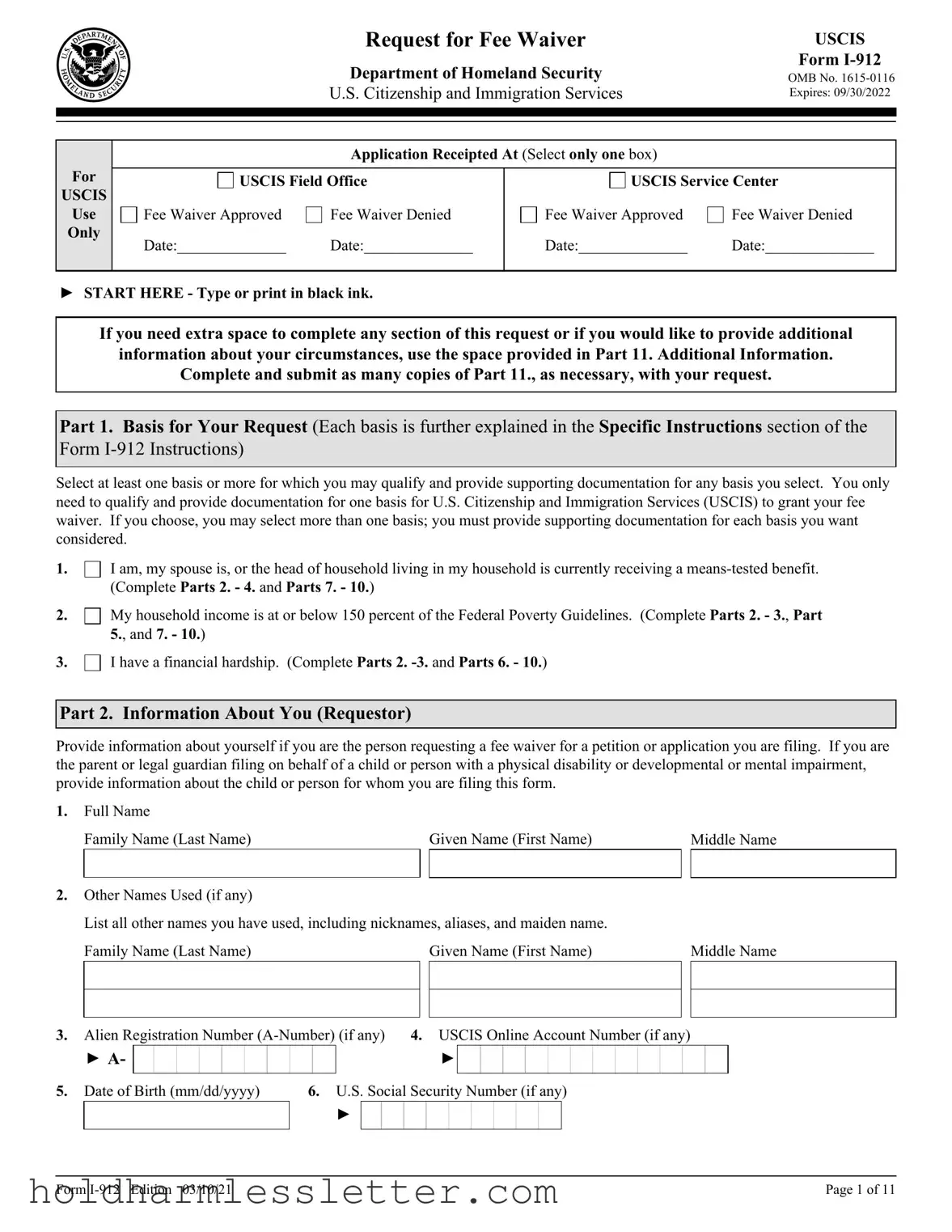

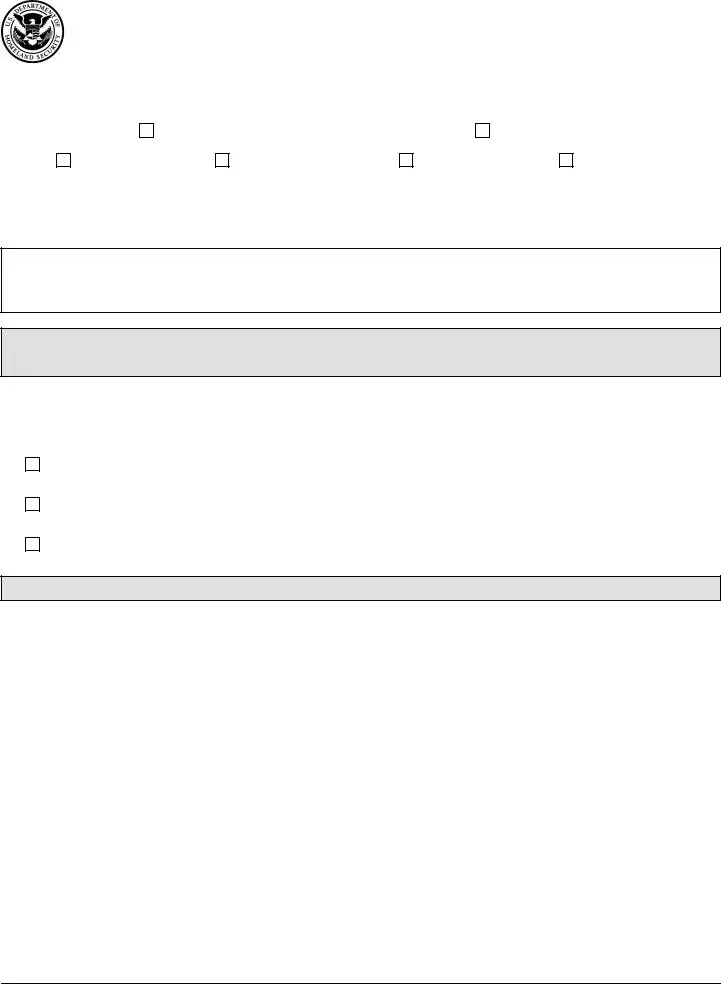
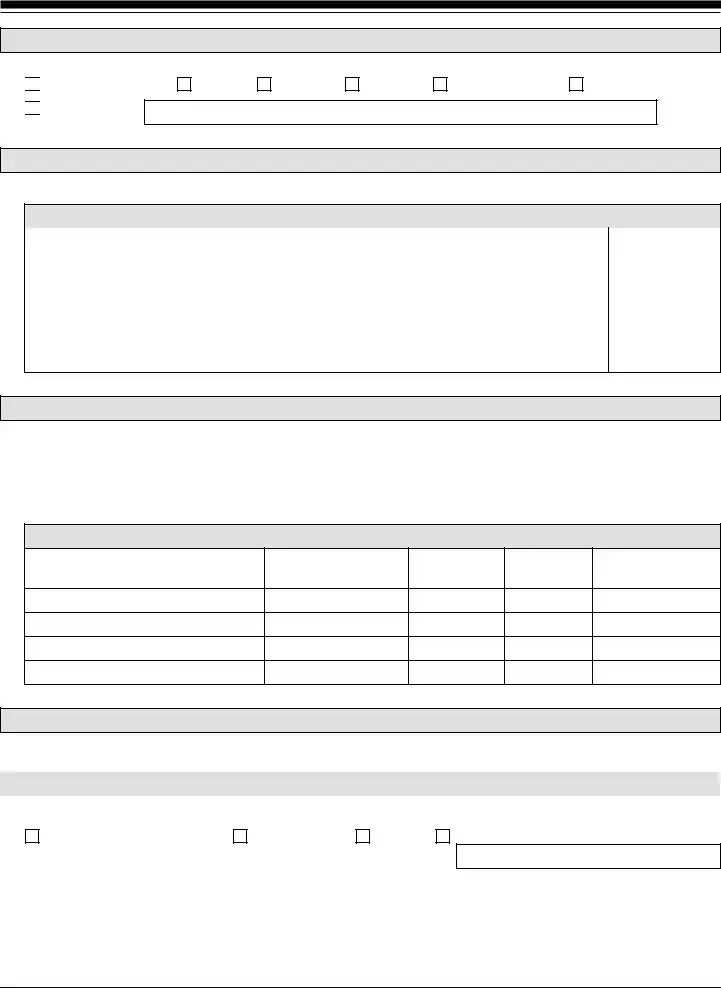

 Single, Never Married
Single, Never Married
 Other (Explain)
Other (Explain)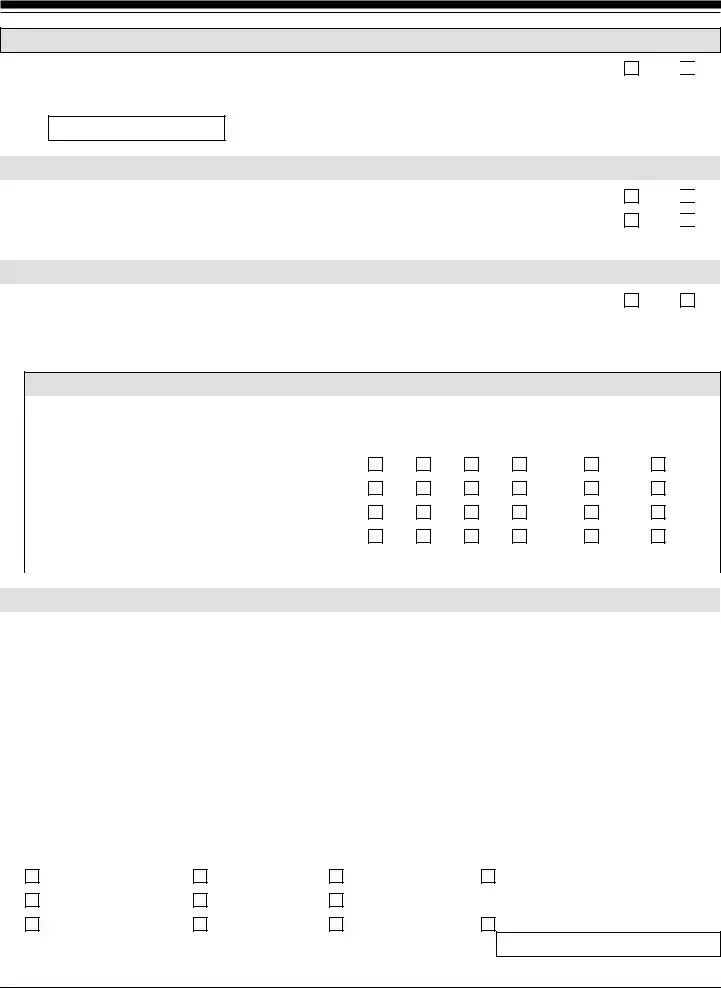

 No
No
 No
No
 No
No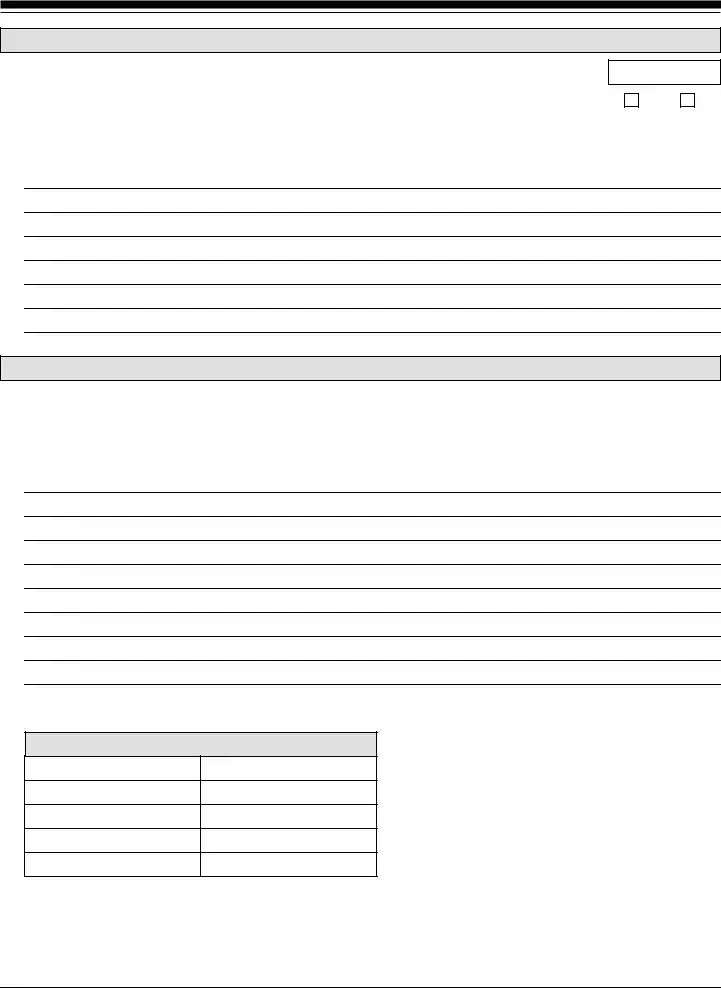
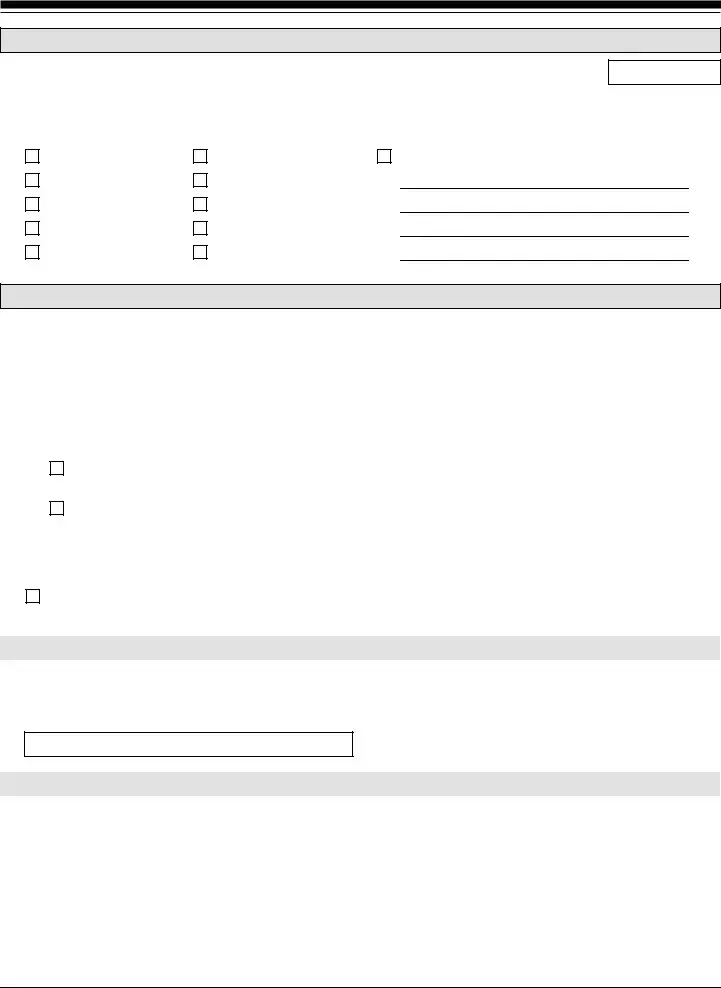
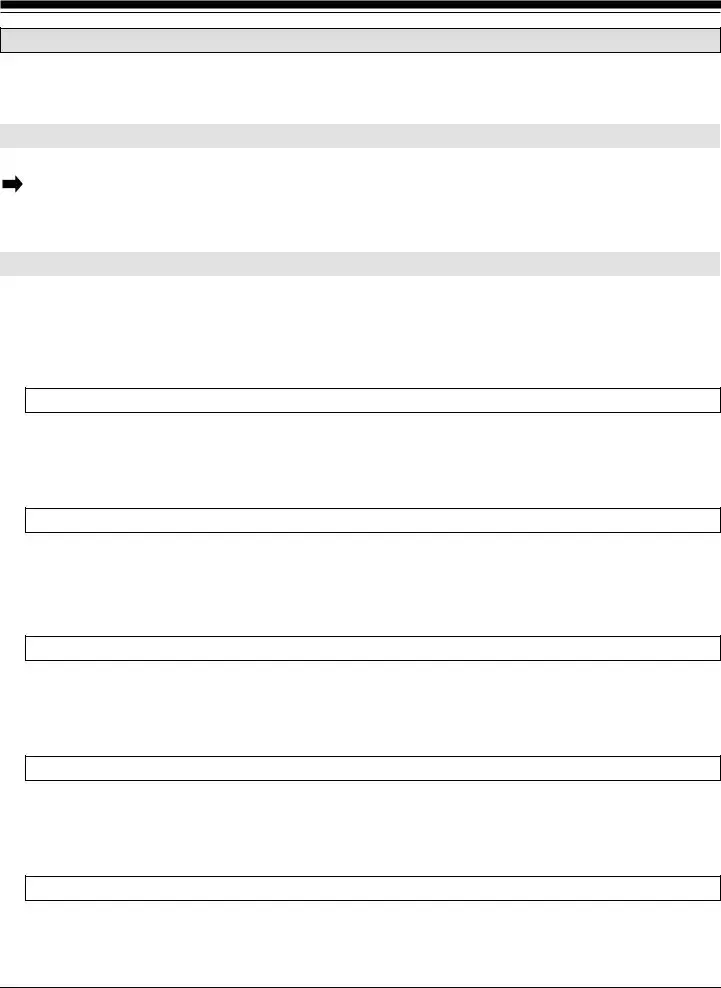
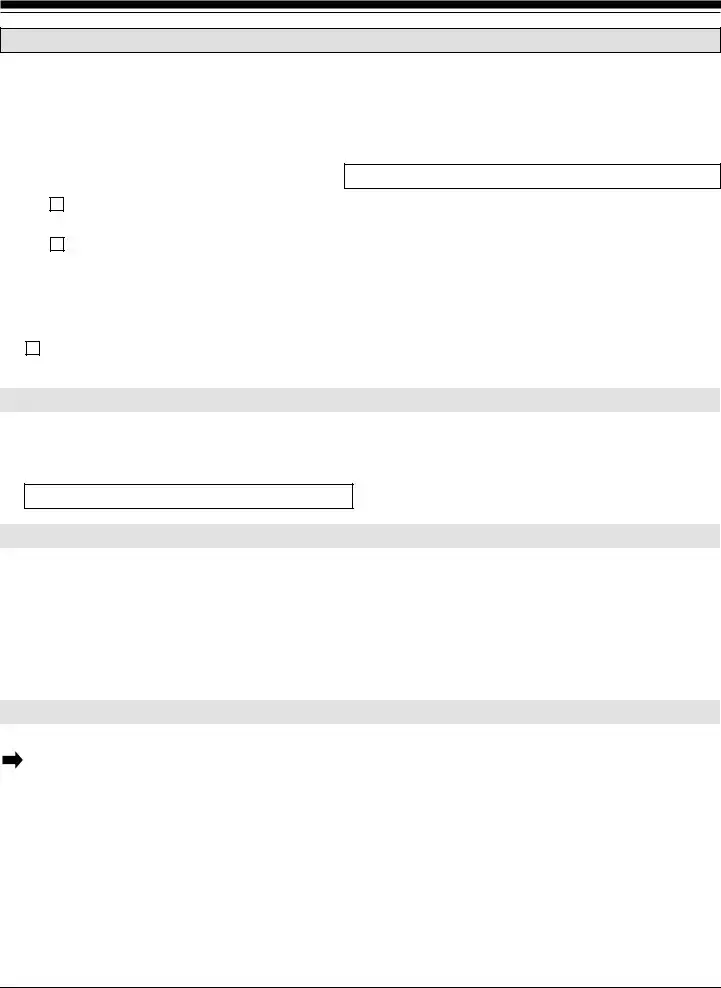
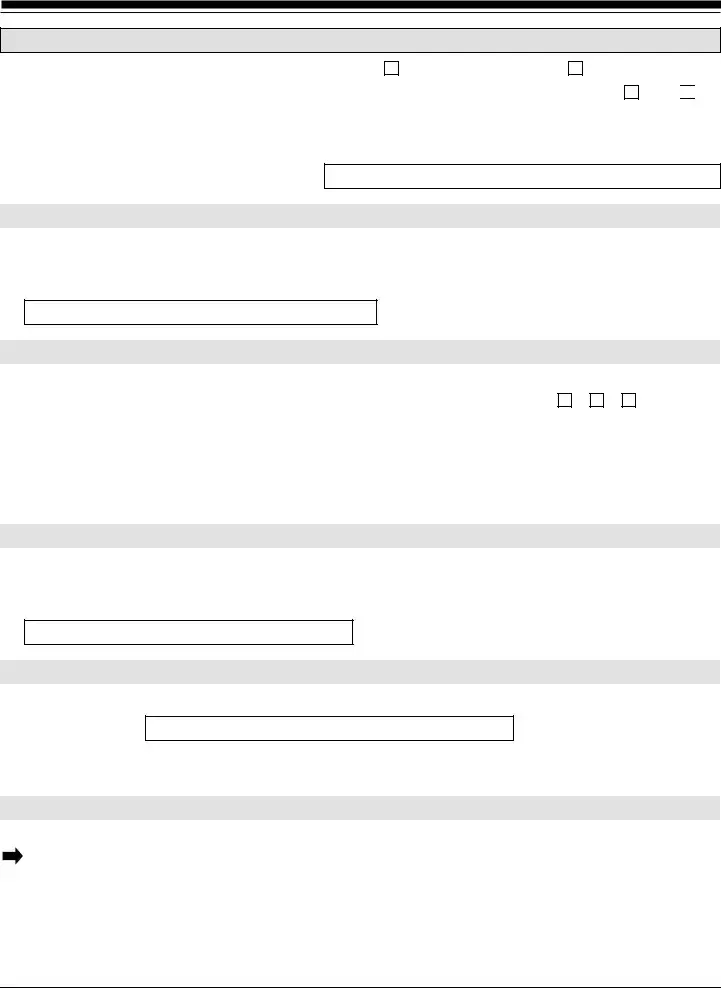

 No
No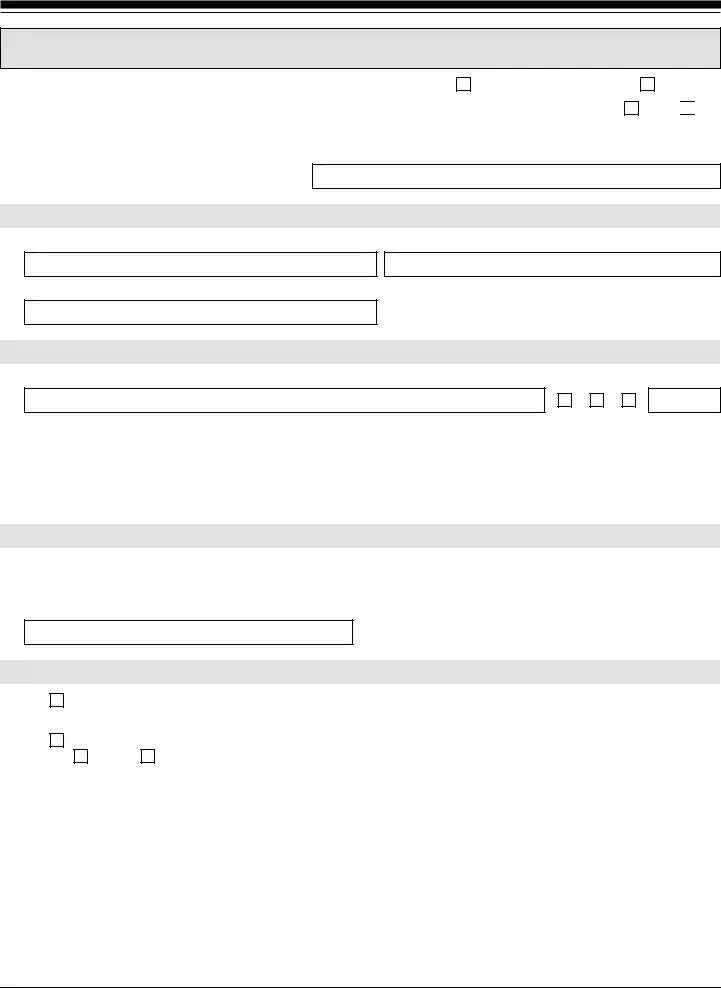

 No
No